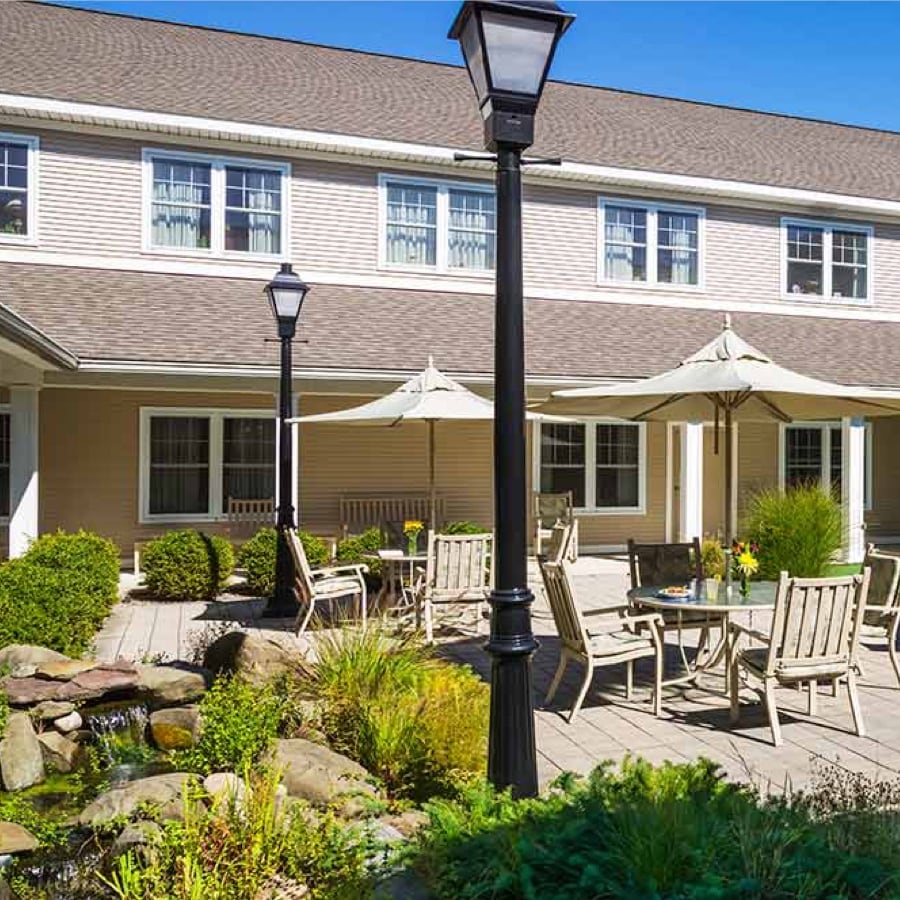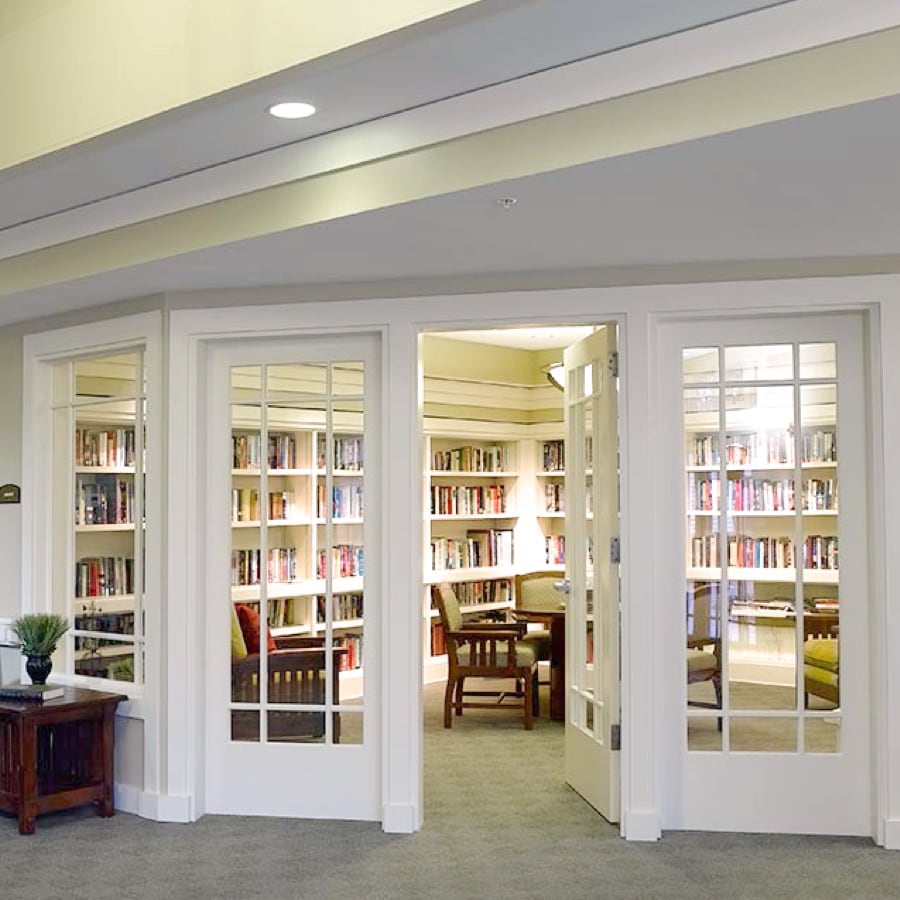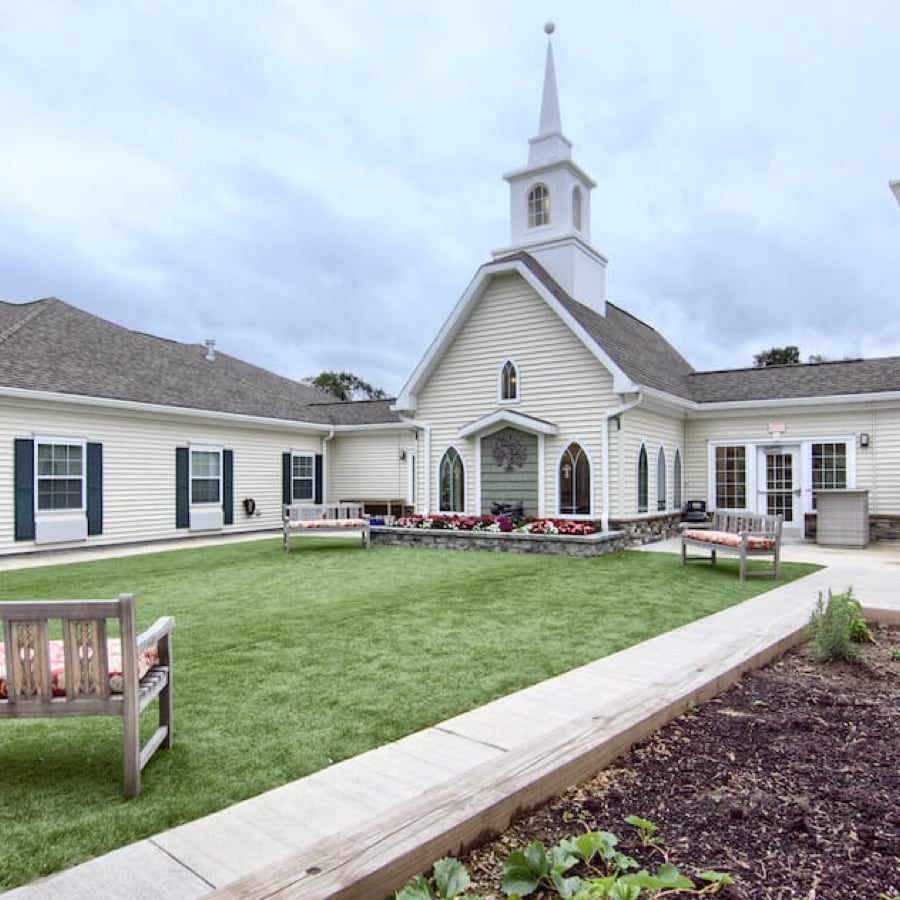To the Editor:
Unfortunately, many families with a loved one suffering from dementia view the affliction as a curse and a burden, especially at Christmastime. We naturally turn to our own happy Christmas memories before the onset of dementia and often dwell upon what has been lost in the family to this corrosive disease. But to give ourselves over to this grieving impulse would be a terrible, albeit understandable, mistake.
Alzheimer’s disease is caused by a buildup of protein deposits in those areas in the brain that control short term memory. This means that our loved ones are not gone or examples of the living dead, but rather they are living in their pasts, in their long-term memories. Abandon efforts to keep them living in the present through some sort of reality therapy; instead, seek ways to reach out to them through their long-term, joyful memories.
And what long term memories could be more joyful or spiritually powerful than those that flow from Christmas? And when we add the well-known power of music to the experience, Christmas can be an extremely uplifting, salvific opportunity. Imagine the potency of well-known lyrics on the dementia mind and experience.
If one needs spiritual comfort, “Oh Holy Night” comes to mind:
Fall on your knees,
O hear the angels’ voices
O night divine
O night when Christ was born.
“Silent Night” offers profound reverence:
Silent night, holy night
All is calm, all is bright
Round yon virgin, mother and child
Holy infant so tender and mild
Sleep in heavenly peace
Forgiveness is also offered frequently during this season as expressed in “Hark! The Herald Angels Sing”:
Hark! The herald angels sing
Glory to the newborn king
Peace on earth, and mercy mild
God and sinner reconciled.
And, of course, there is pure fun and hilarity in “Jingle Bells”:
Dashing through the snow
In a one-horse open sleigh
O’er the fields we go
Laughing all the way
These Christmas carols are powerful for all of us, but for someone with dementia, they can be arresting as they linger in their long-term memories, dwelling on their spiritual needs and the joyful mysteries of the season.
So rather than languishing in one’s grief during the Christmas season, caregivers, spouses and children of those with dementia, I urge you to embrace the season, aspire greatly and encourage your loved ones to share the power of the mystery of Christmas available to them through the wonderful vestiges in their own personal long-term memories in which they dwell. We all need to say yes to this life, and encourage our loved ones with dementia to join us in that affirmation.
Stephen Sarsfield Bowman
President
Peregrine Senior Living
Syracuse











